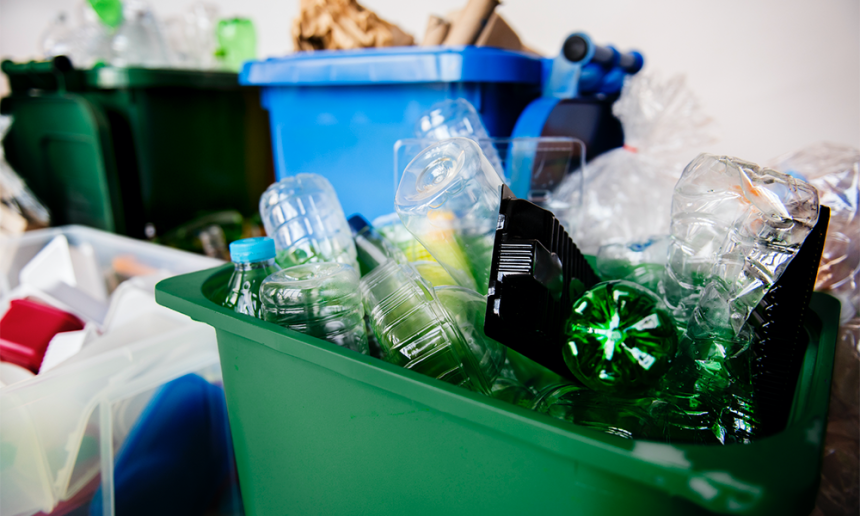Local authorities have expressed concern following Defra’s announcement that there will be a delay to the phased introduction of extended producer responsibility (EPR).
Originally planned from 2023, Defra announced that it will be delayed but did not offer a new timeline. It said that to continue to the original timeline wouldn’t allow businesses the time needed to prepare.
Responding to the announcement, the Local Authority Recycling Advisory Committee (LARAC) said that its members have delayed new procurements and instead implemented interim contracts and extensions in order to go to market with ‘confidence and a strong offer’ once the guidance on consistent collections, EPR and DRS had been fully clarified.
These options are, however, becoming more unfeasible, it says, and updated council service contracts for collections and processing will end up being procured within in a ‘vacuum of uncertainty’, leading to increased costs for local taxpayers, LARAC says.
Alternatively, councils will have to award contracts with no provision for EPR until the next contract cycle, which could be a minimum of seven years, it warned.
It said that the ability for a local authority to implement the changes needed by EPR may now be delayed until 2030, or later, and that the original target in the Resources and Waste Strategy of 75% of packaging to be recycled by 2030, and a 65% recycling rate for municipal solid waste – five years later (2035) – will put local authorities ‘under a huge amount of additional pressure’.
The impact assessment for consistent collections and EPR assumed a contract replacement cycle amongst local authorities that is now out of date, and therefore the underpinning basis for the changes is no longer correct and should be reconsidered, it says.
‘Disappointment’
The Chartered Institution of Waste Management (CIWM) also expressed ‘disappointment’ at the announcement.
It said that whilst CIWM understands various waste and resource stakeholders felt the initial timetable Defra consulted on last year was ‘ambitious’, there was also a ‘desire and willingness’ to see the system reforms implemented quickly.
It says there is now ‘little clarity’ in the announcement and no indication of when the system will now be implemented, leaving many ‘in limbo’.
It says there could be ‘knock-on effects’ on the procurement of services and recognises that the lack of clarity makes planning future services and operations incredibly difficult.
Defra must provide clarity as soon as possible as so many are awaiting the design of the new system, as well as the much-needed funding payments for packaging waste.
There will also be a delay in funding from producers for the costs of managing packaging waste starting to flow and pump priming new collection schemes, it says.
CIWM said it is also concerned about the potential implications on the consistent collections reforms and the impact they will have on the waste services market.
Commenting on the delay, Lee Marshall, CIWM’s Policy and External Affairs Director, said: “In some respects, the delay is not a big surprise, but many will still find it frustrating. It does call into question the decision last summer to shorten the consultation period from the normal 12 weeks, and the delay in getting information back out suggests there was time for fuller consultations.
“Defra must provide clarity as soon as possible as so many are awaiting the design of the new system, as well as the much-needed funding payments for packaging waste. There remains a lot of work to do on business waste and litter payments, not to mention the appointment and mobilisation of the Scheme Administrator.
“CIWM will work with Defra to ensure that, as a sector, we can move forward on these reforms as quickly as possible.”

